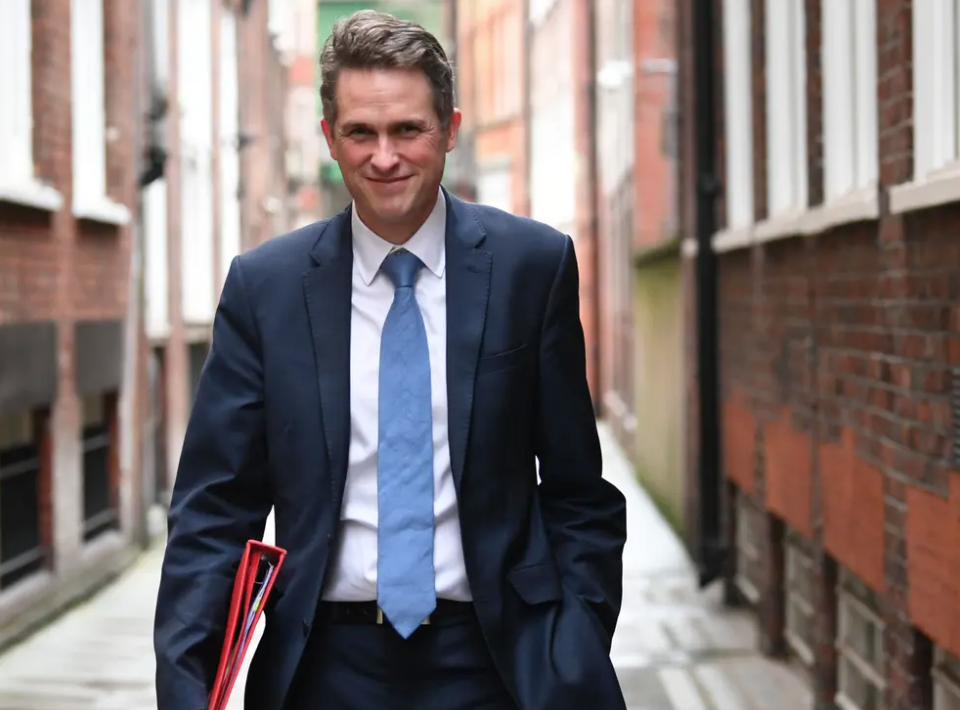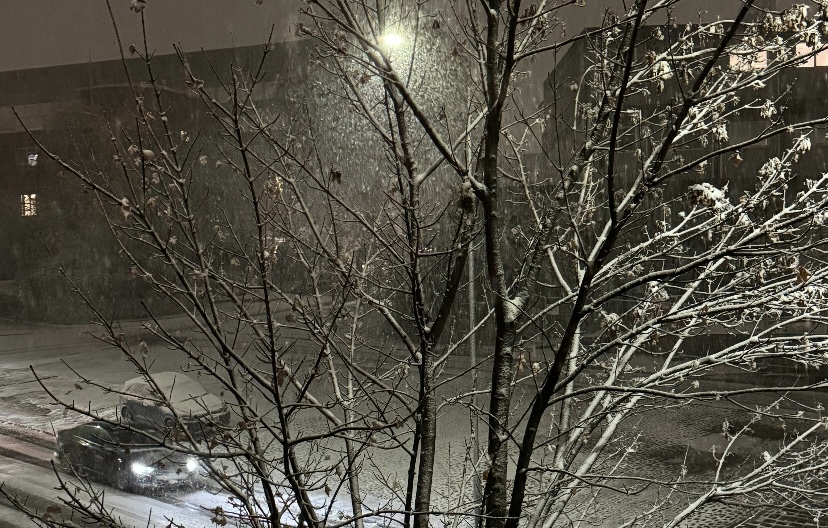All schoolchildren will return to the classroom on March 8 under plans to start lifting the lockdown, Boris Johnson is expected to announce next week.
The plans come amid calls from public health experts to end school closures, with studies showing that students from disadvantaged backgrounds are experiencing up to 55 per cent learning loss when compared with those from more privileged backgrounds.
It is reported that the Education Secretary, Gavin Williamson, favours a “big bang” approach to bringing schools back, which would involve schoolchildren of all ages returning at once.
But that has left schoolteachers worried, with many saying that maintaining social distancing and reducing transmission will be impossible.
Matthew Smith, who teaches at Oakhill Primary School in Barnsley, said: “We’ve currently been teaching children of key workers, in classes up to 15, where social distancing is just about possible.
“But I’m going to be expected to teach in that same classroom and enforce social distancing with up to 35 children, that’s just unrealistic.”
Rachel Burgin, who also teaches at the school, said: “I teach years three and four and they just do not socially distance. You might try and enforce it in the classroom but then they go out into the yard to play and they’re all mixing.”
One suggestion has been to increase the vaccine priority for teachers, which would allow schools to return on a larger scale.
But Mr Smith said: “The worry is not so much on our side of catching it. The worry is that a child is going to carry the virus back home to their families and we are going to see rates increase that way.”
Teacher’s concerns come as Dr Patrick Roach, general secretary of the NASUWT union, urged the Government to be led by “the scientific evidence and advice”.
Dr Roach has called for “evidence of a sustained drop” in the R rate at a national, regional and local level before plans are made for a large-scale return.
Others, such as Steve Chalke, who runs the Oasis Academies Trust, have urged the government to move away from a set timetabled approach, instead calling for the government to be driven by “scientific data, not dates.”




